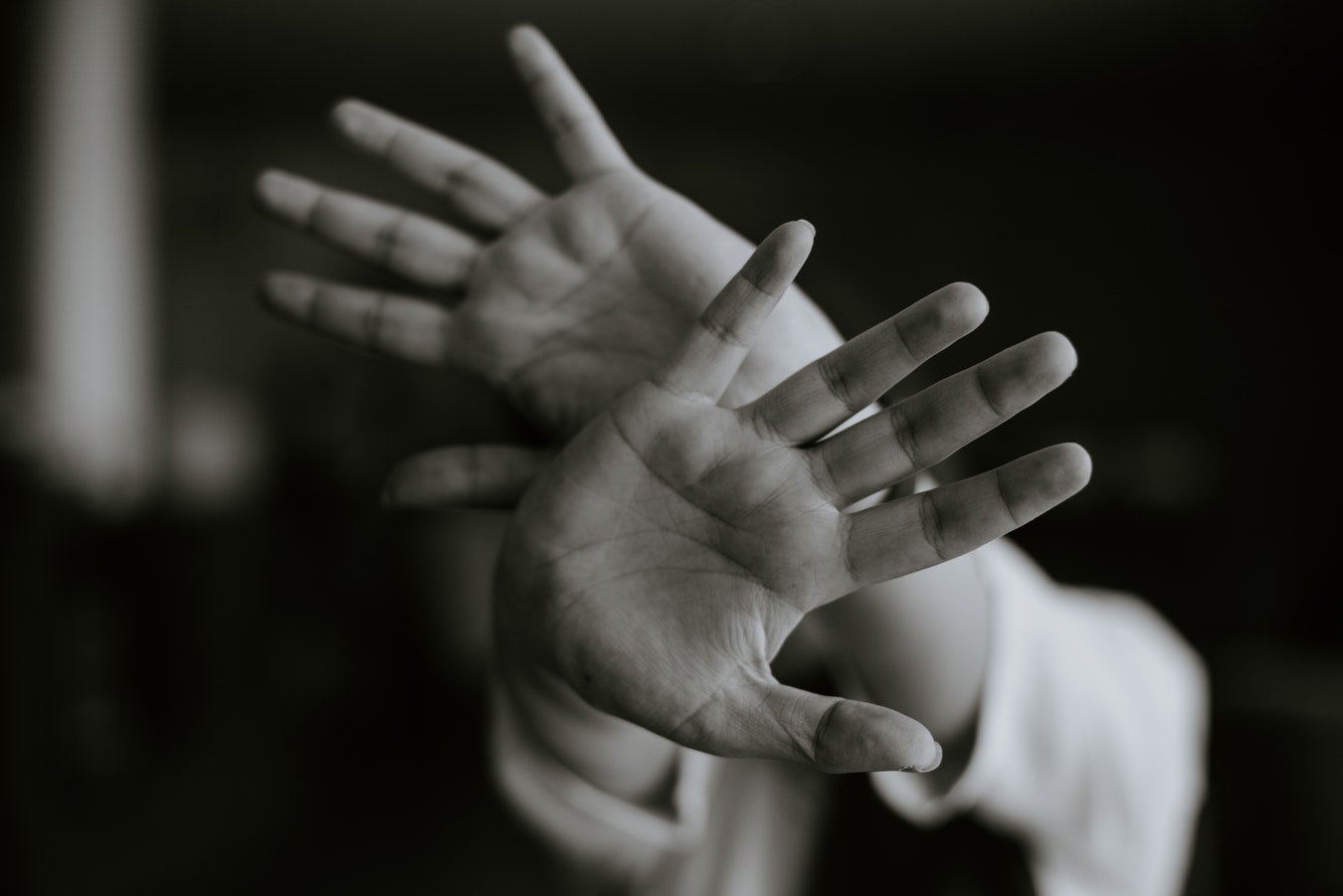I’ve often wondered if there is a connection between low self-esteem and anxiety because of the shared trait of negative thoughts. If you have anxiety, are you more likely to have low self-esteem and vice versa? I’m not a psychologist, but in my own experiences, there definitely seems to be a link so I decided to look into it.
One of the plaguing parts of anxiety is the way that it makes you question yourself and everyone around you. There is uncertainty, worry, and insecurity in anxious states because it feels as if most everything is out your control and impossible to deal with. Those doubts can be enough to cause anyone’s self-esteem to plummet. It’s only natural to wonder, what’s the connection between self-esteem and anxiety?
Can anxiety affect your self-esteem?
While I haven’t found any evidence to support that anxiety and low self-esteem always occur simultaneously, it does seem that the two are often connected. Study after study has been conducted to determine the link.
A research study conducted by Julia Friederike Sowislo and Ulrich Orth from the Department of Psychology, University of Basel studied if low self-esteem predicts anxiety and depression.
The results found that the effect of self-esteem on depression was stronger than the effect of depression on self-esteem. However, the results for anxiety and self-esteem were a little different.
The report found that anxiety and low-self esteem were comparatively balanced stating that self-esteem predicted anxiety and anxiety predicted self-esteem.
It makes sense.
Low self-esteem and anxiety feel similar.
“Low self-esteem, left alone, effectively places the person in a permanent fight, flight and freeze state – a permanent state of anxiety.”
– Mark Evans
Speaking from personal experience, people with anxiety experience negative thoughts in a similar fashion as people who have low self-esteem. The fear of rejection or not being good enough make it tough for the sufferer to see the reality of who they are and the situations around them.

It can be debilitating enough to hold someone back from social events or from things they want to accomplish such as trying out for a sport or playing in a game. The person may think something like, “I don’t want to play a team sport because I’m afraid I won’t be good enough, I’ll make mistakes, and no one will like me.”
It can feel like a vicious cycle because when you feel anxious, you feel insecure, and when you feel insecure you have low self-esteem due to the fact that you’re not confident. These personal doubts can circle around and around manifesting in not just how we feel, but in the decisions that we make. The good news is that it is completely possible to heal from anxiety and low self-esteem because it’s entirely possible to recognize negative thought habits and work to change them.
Tips to improve your self-esteem when you’re also feeling anxiety:
“…what harms you is when you mistake anxiety for being you. You mistakenly see yourself as a weak and impaired individual, rather than as a strong, competent person who happens to have an overactive fear response.”
– Harriet Lerner Ph.D. author of The Dance of Fear
I’m a big proponent of working with a licensed mental health professional to diagnose and treat mental health issues like anxiety and depression. Having said that, I also think there are ways that you can find relief through deepening your self-awareness.
When anxiety is heightened, I believe that your self-esteem may feel lowered due to the feeling of fear. For starters, a major key is to pinpoint what it is that you fear and choose a new perspective.
Take a few moments to yourself or a personal timeout, if you will. Begin by taking a few slow deep breaths and reassure yourself that you’re okay. Then, ask yourself qualifying questions such as these to help ground yourself back in reality:
- What am I afraid of?
- What are the good things that can happen instead?
- What am I worried about?
- What’s real and in front of me right now?
- What are the good things that people say about me?
- What would happen if I accepted compliments instead of questioning their authenticity?
- What are my best qualities?
- What am I proud of myself for accomplishing?
- What can I be grateful for in this moment?
Giving yourself the time to focus on what’s real, your positive attributes, and gratitude, can be a self-esteem boost that you need to calm your anxiety. Keep in mind that you may have to do exercises like these several times to develop new positive thought habits. Just like any habit, it may take some time to stick, but with patience, determination, and discipline you can get there.
Want to chat more? Contact me about coaching.

